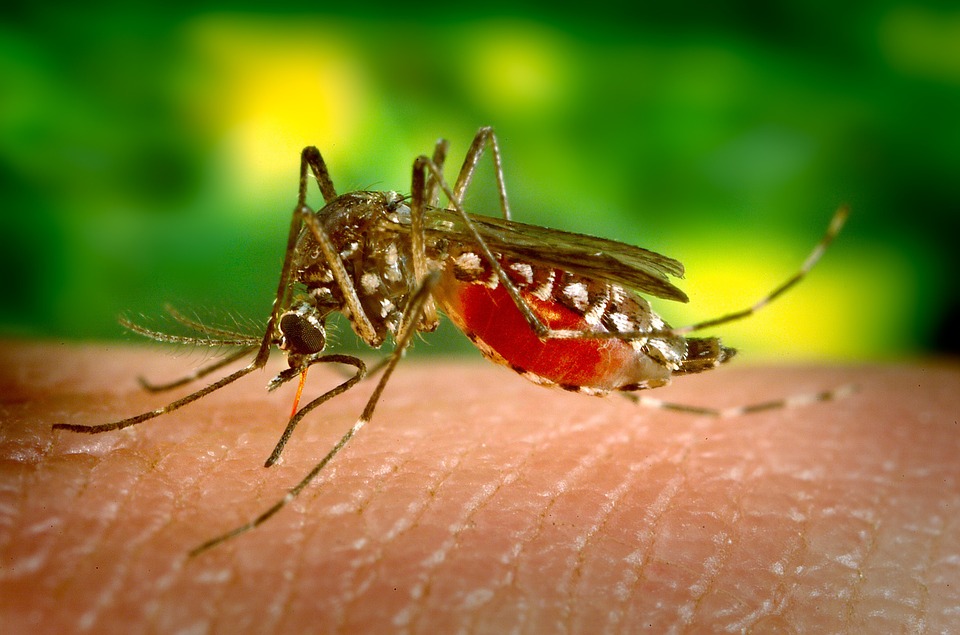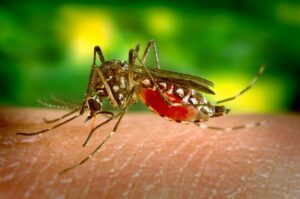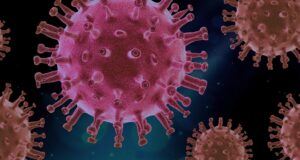Thailand and Sri Lanka record thousands dengue cases in 2019 – time for awareness in India

By Neucrad Health News Desk August 4, 2019
The year 2019 did not start on a positive note for Thailand and Sri Lanka as far as the dengue-related infection remains concerned. Till 21st July 2019, Thailand has recorded 49174 dengue cases, and it has also lead to the loss of 64 precious lives. In the first half of July, health officials have registered 4,503 dengue cases in the South Asian nation. Officials of Thailand Ministry of Health is leaving no stones unturned to find out measures to contain the spread of this disease. Thailand’s Health Minister Anutin Charnviraku has instructed concerned authorities to set-up dengue surveillance systems nationwide. They have also asked local health agencies and volunteers to spray insecticides in an adequate amount at all outdoor mosquito breeding grounds. Residents have also been asked to destroy mosquito breeding places near their houses.
On the other hand, Sri Lanka has recorded 34,078 dengue cases so far, the Ministry of Health’s (MOH) Epidemiology Unit stated. Colombo has been reported twenty-one percent of the cases (~ 7,260 cases) while cases at Gampaha (~4,917), Galle (~3,397) and Kalutara (~2,967) were also reported.
What is Dengue?
Dengue is a mosquito-borne viral infection which is fast spreading across all tropical and sub-tropical countries in the world. It usually propagates in abundance among economically challenged societies who cannot afford proper amenities for the prevention of the infection. It causes flu-like symptoms, and in the last 50 years, the incidence of this mosquito-borne disease has increased almost 30 times. Every year 50-100 million dengue cases get registered at the healthcare institutes across 100 endemic countries. A severe outbreak of this condition was first detected in Thailand and the Philippines during 1950. After that, it has been a regular occurrence in the Asian and Latin American countries during the monsoon season.
Which is the pathogen for Dengue?
The causal organism for dengue infection is Dengue virus or (DEN). The pathogen has four distinct serotypes (DEN-1, DEN-2, DEN-3 and DEN-4), and it belongs to family Flaviviridae, and genus Flavivirus. Among these serotypes, DEN-2 and DEN-3 are Asian genotypes, and they give rise to severe secondary dengue infections.
What is the role of mosquito and human beings in the spread of dengue virus?
The mosquito Aedes aegypti acts as the primary vector for dengue transmission between human beings. The female Aedes mosquito acquires the virus while feeding on the blood of an infected human being. After that, when the mosquito bites a fresh person, it transmits the pathogen to him. So, in the transmission of dengue infection, human beings serve as a source as well as victims for the disease.
Symptoms of Dengue Infection
Here are some of the symptoms noticed during dengue infection. These signs usually last for about two to seven days after four to ten days of incubation of the virus.
- Severe headache
- High fever (40°C/ 104°F)
- Pain at the back of eyes
- Muscle and joint ache
- rashes
In addition to the above symptoms, there is a complicated form of the infection, which causes blood in vomit, bleeding gums, persistent vomiting, extreme weakness, and severe abdominal pain. Patients should seek immediate medical intervention to control the infection.
What are the preventive measures for Dengue infection?
Avoiding mosquito bites is the primary mode of prevention against the dengue virus. Individuals residing in the tropical region should exercise more precautionary measures to prevent the disease. Detailed below are some of the techniques applied by most people to keep the infection at bay.
Preventive Clothing
Wearing long-sleeved clothes and full-length trousers to reduce the exposed skin surface helps in preventing mosquito bites. Parents advise children to wear socks under their shoes in the tropical region and limit outdoor stay during the monsoon.
Use of Mosquito Repellents
Spraying mosquito repellents on outdoors and indoors, along with the exposed surface of the body like hands, feet, and neck can stop the outbreak of infection. It is also beneficial to use mosquito nets and window screens at houses to prevent the entry of mosquitoes.
Avoid Stagnation of water
Since, Aedes mosquito grows in clean, stagnant water, limiting the source can significantly stop the breeding of vectors.
This was a brief account of the spread of dengue infection. Prevent mosquito bites to stay safe from this deadly virus.








